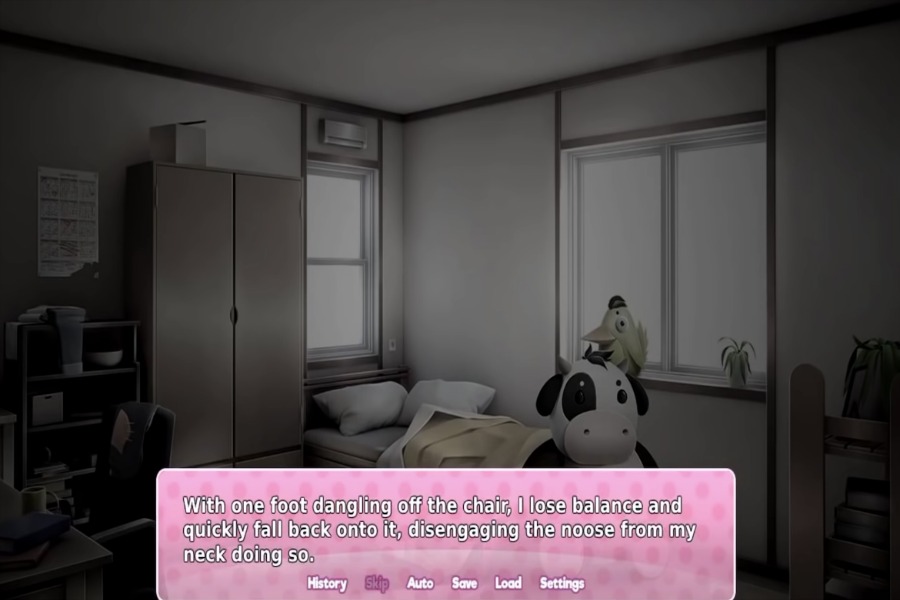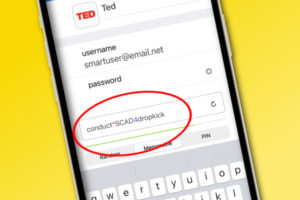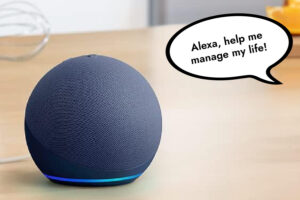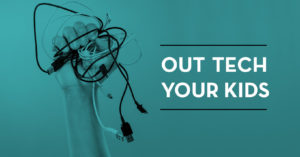If you’ve been on Facebook over the last few days, you’ve probably been bombarded with no shortage of articles about the Momo Challenge. Admittedly, it looks pretty disconcerting on first glance, and after the 15th, you kind of want to toss your phone out the window.
Related: What you need to know about YouTube’s pedophile problem
Forbes contributor Andy Robertson wrote an extremely balanced article about the Momo Challenge, with excellent research into its origins, and what all the experts are saying as to whether it’s something for parents to be worried about. If you want something to help you calm down, or your school down, or your kids’ grandparents down, this is what to send them.
What’s striking about this whole situation, other than the power of social media to essentially spread fear and panic over what is a ghost story, is that it’s distracting parents from the real issue here: we don’t have a great handle on the media our kids are consuming. And, when crap hits the technology fan, we’re not super adept at handling it. Actually, we kind of suck.
We just shared a piece about how there are pedophiles running rampant on YouTube, and videos with suicide how-tos being spliced into YouTube Kids content, both of which garnered some attention, but are really way bigger concerns than the Momo Challenge. The parents I spoke with this week had no idea about either those things. All they cared about was Momo. Momo momo momo.

Maybe we should be worrying more about these videos on YouTube Kids
Related: How to implement YouTube Kids’ new parental controls
And we’re seeing lots of parents ripping their kids’ phones out of their hands (okay, maybe not ripping, but still), and blocking YouTube until 2022, without addressing the real issue: Our kids need to know how to handle situations like this because stuff like this will happen to them all the time.
The Momo Challenge, and all the issues YouTube Kids (and YouTube) is having, should be a wake-up call to parents when it comes to how we’re teaching and guiding our kids in their digital lives. I’m more convinced than ever that we cannot just hand technology over to our kids and then take it away when something scares us. Digital parenting is a fluid process. It’s not going anywhere, and we can’t just block it or delete it. Instead, we can empower our kids, all while keeping a watchful eye and open communication. This is parenting in 2019 and beyond.
If we’re able to embrace digital parenting, and help teach our kids how to be good digital citizens, not only will they be able to identify this crap and know that it’s a load of BS, but maybe we won’t see any of this stuff (or least, a huge decrease) in the future.







Thank you! As a parent and a teacher, this needs to be said again and again and again. Parents need to teach our kids the critical thinking skills to deal with scary things, on and off the internet. Kids need to be taught how to deal with bullies, etc. by using common sense, talking to adults, and telling others what they do and don’t like! Thank you for this article and your continued support of common sense parenting!
You nailed this one on the head!! Our kids need to understand how to handle situations like this because unfortunately it’s out there.